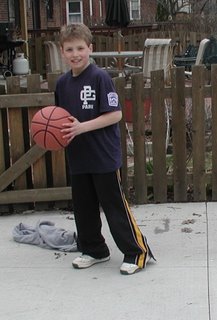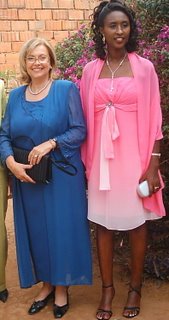English Lit 101
I spent much of my life as a teenager alone in my room reading. We all did. We had friends, we had places to explore. But England was a rainy country, and when it was too wet to go outside, we didn’t have “play dates”: we spent our time in solitude.
My personal library was small. I remember poring for hours on end over the Pears Cyclopaedia which was probably out of date before I found it in my parents’ bookcase. I could identify the flags of every principality in the world. I knew the capital of every African nation and its population. My delight in trivia knew no bounds. Most of my small collection of books crossed the Atlantic with me and the other day I came across the Oxford Book of Modern Verse which I received in 1955 as a school prize “for good work.” I had always questioned the “modern verse” part, because the book started with Walter Pater (1839-1894.) But if the title was misleading, the poets were comfortable and familiar and in fact I rather disdained the writers at the end of the book. They tended to be born after 1890 and to have a nice blank spot after the date of their birth and the hyphen which would lead to the eventual date of their demise. I regarded them as upstarts, as did the editor of the book, the venerable W. B. Yeats. He includes the poetry of Hardy, Bridges and Blunt, but omits any critique of them, proclaiming, “I will consider the genius of these three when the development of schools gives them great influence.” What a sensible approach. How much ink and RAM and paparazzi shoe leather would be spared if critics passed over the Jude Laws and Clay Aikens and Paris Hiltons of this world until they had “great influence.”
Most of my small collection of books crossed the Atlantic with me and the other day I came across the Oxford Book of Modern Verse which I received in 1955 as a school prize “for good work.” I had always questioned the “modern verse” part, because the book started with Walter Pater (1839-1894.) But if the title was misleading, the poets were comfortable and familiar and in fact I rather disdained the writers at the end of the book. They tended to be born after 1890 and to have a nice blank spot after the date of their birth and the hyphen which would lead to the eventual date of their demise. I regarded them as upstarts, as did the editor of the book, the venerable W. B. Yeats. He includes the poetry of Hardy, Bridges and Blunt, but omits any critique of them, proclaiming, “I will consider the genius of these three when the development of schools gives them great influence.” What a sensible approach. How much ink and RAM and paparazzi shoe leather would be spared if critics passed over the Jude Laws and Clay Aikens and Paris Hiltons of this world until they had “great influence.”
I turned to the front of the chubby blue volume to check the publication dates and concluded that my copy must be the 1955 edition. Listed above the dates of the editions were the overseas offices of the Oxford University Press, a nostalgic reminder of the days before the sun set on the empire:
GLASGOW NEW YORK TORONTO MELBOURNE WELLINGTON
BOMBAY CALCUTTA MADRAS KARACHI CAPE TOWN IBADAN.
Surely it was a kinder, gentler era when the inhabitants of Karachi or Ibadan met to discuss the imagery of Sacheverell Sitwell.
And those poets I found too modern? They have all followed Yeats to the grave, leaving another generation of upstarts to face the scrutiny of unflinching editors.
A couple of people have asked to be notified when there is a new post. Can do. If you wish to be included in this elite group, please e-mail me via my profile.







